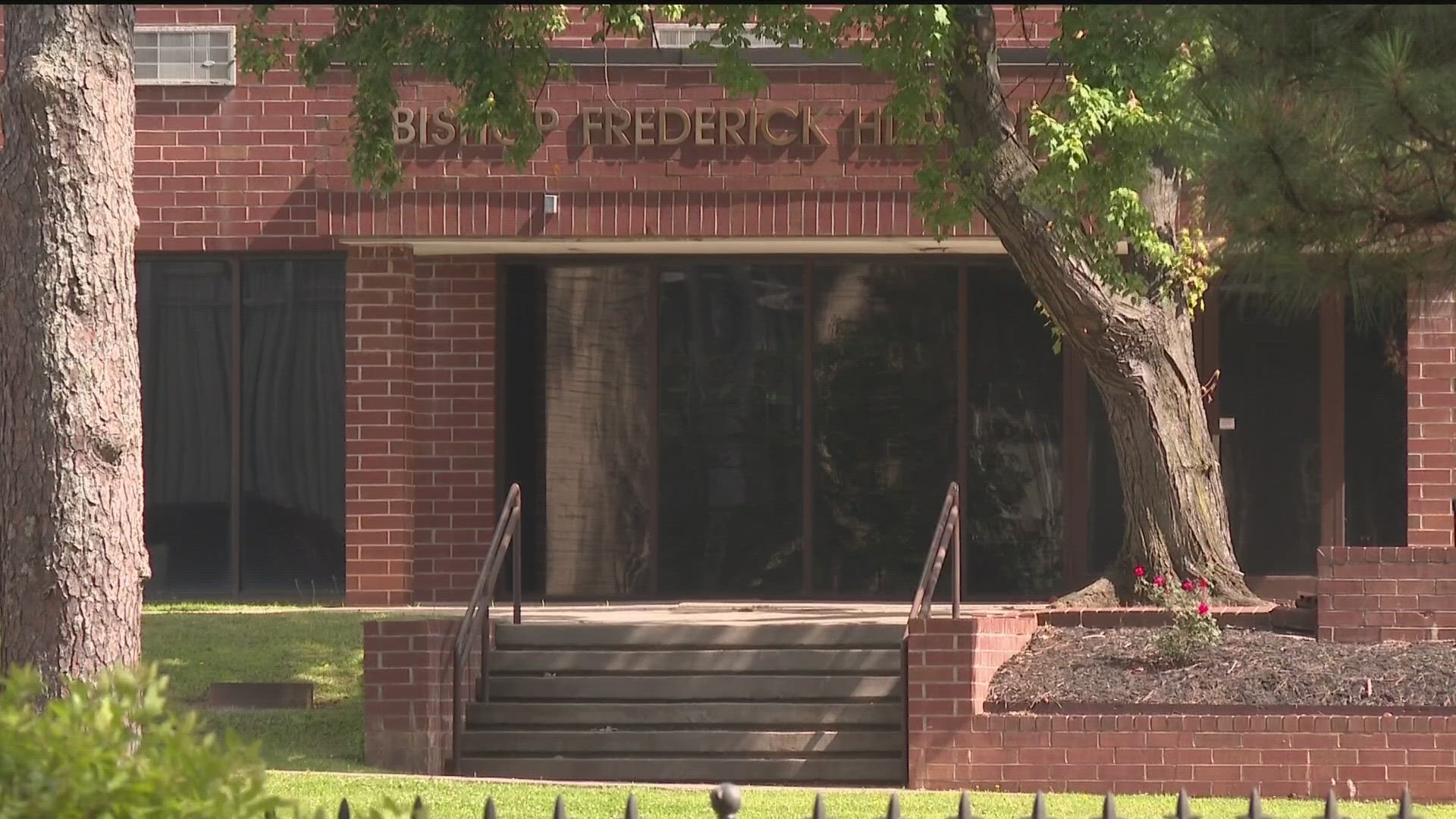ATLANTA — Students at the Interdenominational Theological Center (ITC), a network of seminaries in Atlanta, are raising concerns and calling for transparency regarding the school's financial situation. This comes after the institution filed for financial exigency, indicating a significant financial crisis.
Angelique Carney, a second-year doctoral student at the ITC and the president of the Student Christian League, revealed that students have been unable to communicate with the school's leaders regarding their financial concerns.
Carney said many students had not received their refund checks, and some had not received payments for work-study positions, even though the semester was coming to an end. Carney said she was supposed to receive a stipend of $250 per month as the student body president, which she had not received since December 2022.
The financial worries of the students intensified when the school filed for financial exigency. Carney expressed her disappointment that the decision was imposed without considering the students' feelings or the impact it would have on them.
The Interdenominational Theological Center, predominantly attended by Black students, is composed of five seminaries.
Financial exigency, as described on the ITC's website, signifies a state of significant financial crisis requiring immediate and substantial corrective action. Consequently, the school has decided to reduce faculty and staff positions, temporarily suspend or downsize academic programs, and restructure administrative offices and the institution as a whole.
Carney stressed that students are deeply concerned about the impact these measures will have on their education. The ITC's President Matthew Wesley Williams explained that the decision to file for financial exigency was a result of a long-standing decline in enrollment, with a drop of over 50% since the start of the COVID-19 pandemic.
As the institution relies heavily on tuition fees, such a decline triggered an immediate crisis. Williams acknowledged that the school had been facing financial problems for some time but denied any knowledge of outstanding issues regarding missing student funds or work-study payments.
Williams expressed a commitment to providing more information to the school's constituents and ensuring that they understand the situation and its causes.
Meanwhile, students like Carney emphasized the need for open communication and community dialogue to address their concerns. They believe that decisions affecting their education should involve their input.
Williams said there are plans to share more details with students, faculty, and staff through a town hall meeting scheduled on Monday.

